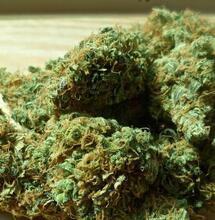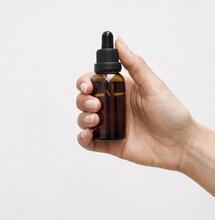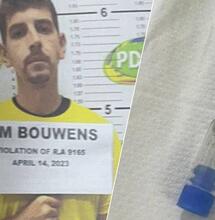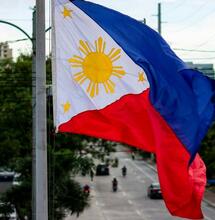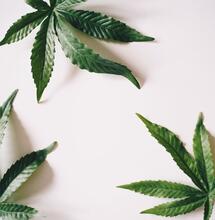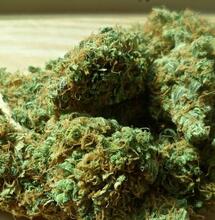Will Hong Kong Ban CBD?
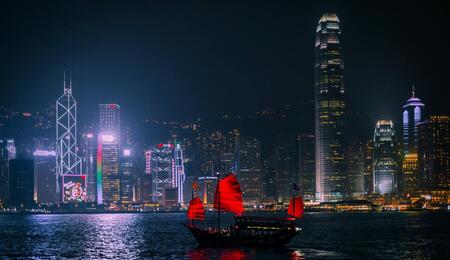
Cracking down on CBD businesses is the new normal in Hong Kong. The government has already announced plans that it wants to ban CBD within a year's time. As part of its campaign, the government has even asked young celebrities to promote anti-drug messages.
The future of cannabis does not look bright for Hong Kong. There are now many reasons to believe that the city will ban CBD in the near future, the cannabinoid praised for its medicinal properties.
Earlier this summer, Hong Kong lawmakers expressed their support of a plan to make the manufacture, trade, and retail of CBD cannabis an illegal activity.
In anticipation of the ban, Hong Kong's first CBD cafe, called Found, which opened as recently as September 2020, announced on August 19 that it is closing. In the meantime, dozens of other ventures where CBD goods are being sold have been targeted by raids.
According to the Hong Kong Free Press, 34 people have been detained for "trafficking dangerous drugs and possession of dangerous drugs." While no charges have been made so far, and everyone arrested has been released on bail, the investigations are ongoing, and the penalties may be harsh.
CBD's popularity in Hong Kong has been on the rise in recent years. It has been added to drinks, snacks, and health supplements. While CBD is not psychoactive, products often contain trace amounts of THC, which is illegal.
Hong Kong law classifies all psychoactive drugs as dangerous drugs, including cannabis, ketamine, and opioids.
Since 2019, the city's authorities have carried out over 120 operations against those selling or importing CBD and found that a third of 4,100 seized items contained THC, according to a recently-published legislative paper from Hong Kong's Security Bureau.
Although the paper stated that pure CBD did not have "abuse potential" nor could it generate psychoactive effects, it still implied that CBD should be classified as a dangerous drug. Primarily because of the presence of THC.
"It is very difficult to isolate pure CBD from cannabis, and it would not be practical to completely remove THC impurities from CBD isolates," the paper said.
It added that CBD could be purposefully converted into potent THC and that it could naturally decompose into THC.
"The Government all along maintains a firm stance against drugs and does not tolerate any level of THC in non-pharmaceutical products, as part of our long-standing anti-drug policy," the paper said.
Hong Kong has gruesome penalties for cannabis in general. Drug trafficking may result in a maximum life sentence in prison while growing cannabis plants is punishable with a HK$100,000 fine or up to 15 years behind bars. Possession or consumption of any controlled drug can result in penalties of up to HK$1 million and seven years in prison.
As part of its plan to prohibit CBD, the government has also reached out to regional pop idols such as boy band Mirror and singer Hins Cheung to promote anti-drugs messages.




